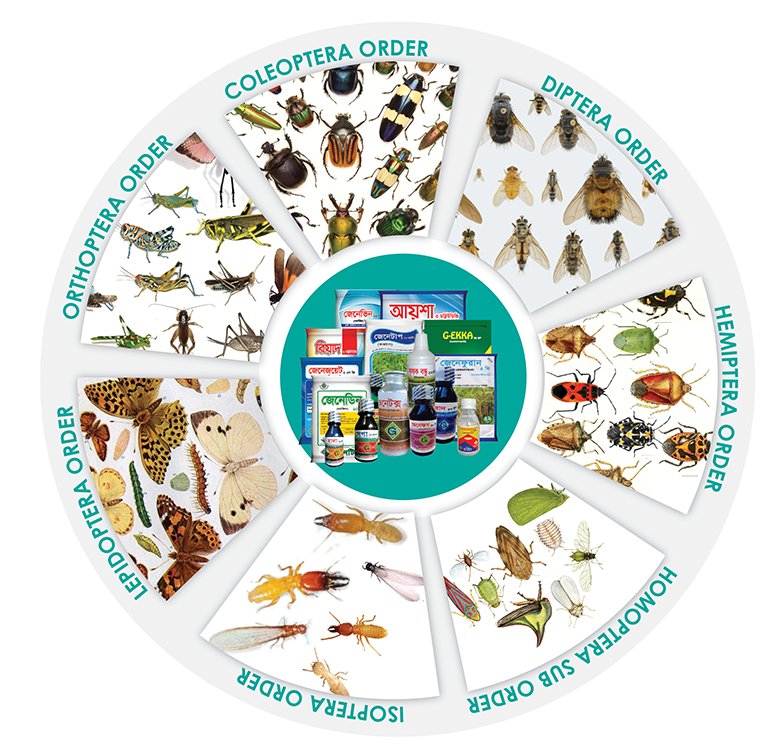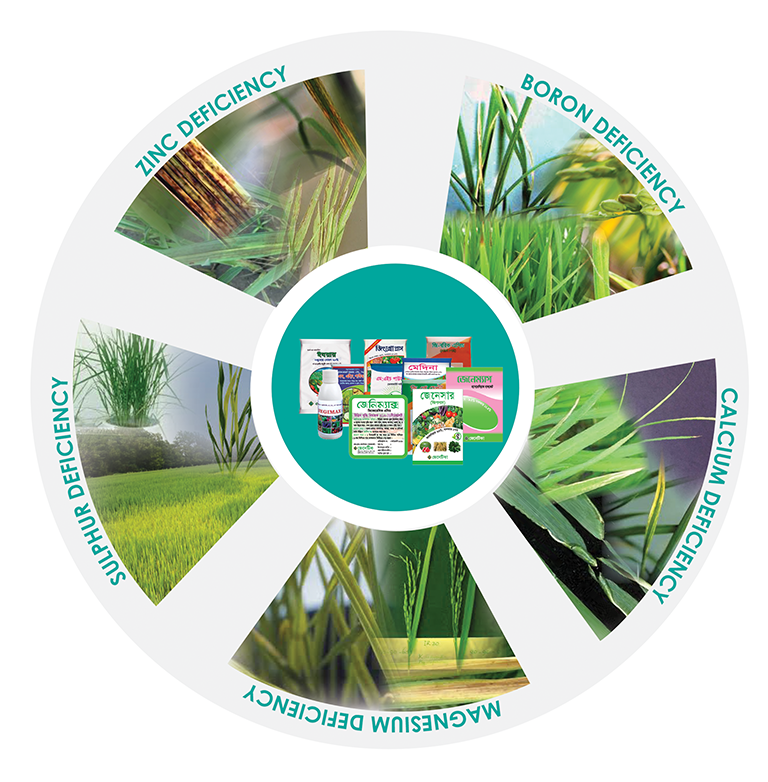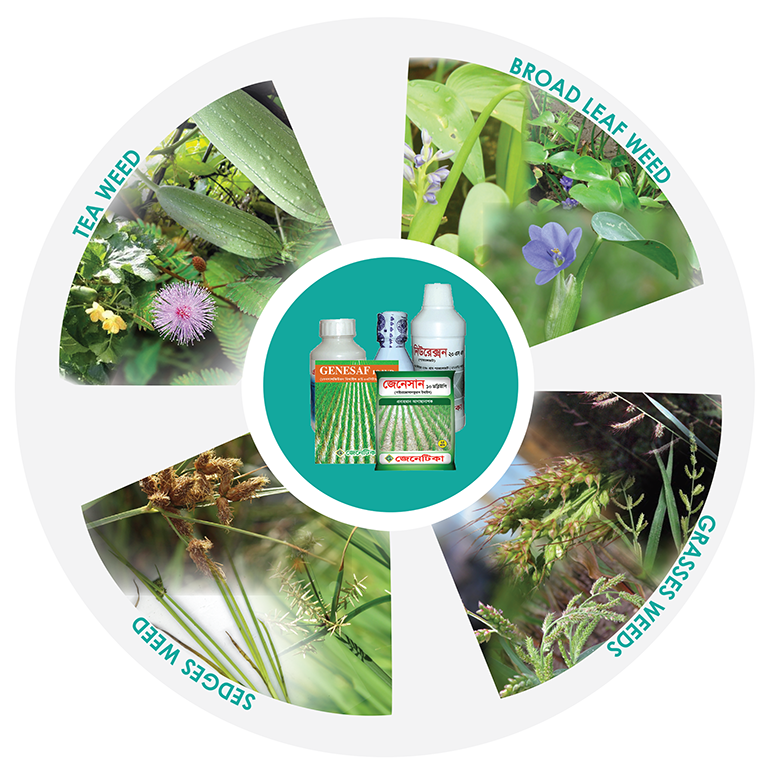Company Background

A&I Group is involved in various sectors including Agrochemical Industry, Real Estate Development, Food and Beverage, Plastic Industries, IT Sector, Lifestyle, and Hotels & Resorts.
Products Portfolio

Since its inception in 1979, GENETICA Industries Ltd. has been a pioneering force in the agricultural sector. Specializing in a wide range of products such as Pesticides, Micronutrient Fertilizers, Plant Growth Regulators, and Pisciculture Products, GENETICA is dedicated to supporting the growing population of the country with enhanced food production. Our product portfolio includes Insecticides, Fungicides, Herbicides, Miticides, and Micronutrients, each meticulously designed to promote the health and yield of crops.
Our journey began with the introduction of VEGEMAX, a single crop nutrient product from Italy. This product swiftly gained the trust of farmers across Bangladesh, building a reputation for quality and reliability. The overwhelming success of VEGEMAX led to a growing demand from the farming community for a broader range of agricultural products. Responding to this need, GENETICA expanded its offerings in 1980 to include a variety of agrochemical products, each meeting our high standards of quality and effectiveness. Today, we proudly offer over 60 premium products, ensuring crop protection and nutrition. These products play a crucial role in maintaining healthy crops, combating various pests, and sustaining the agricultural land necessary for food security in Bangladesh.
Our Development Department is constantly striving to innovate and introduce new generation products that address the unique challenges of crop protection. These solutions are not only effective but also affordable, making them accessible to farmers nationwide. As of now, we are excited to announce that an additional 14 new products are in the pipeline, undergoing field trials at various research organizations. At GENETICA, our commitment is to empower farmers with the tools they need for sustainable and prosperous agriculture.
Our products

Insecticide
Insect pests are a significant threat to crop yields, causing damage in two primary ways. The first is through direct injury to the plant by the feeding insect, which consumes leaves or burrows into stems, fruit, or roots. A vast array of insect species—including larval and adult stages of homopterans, heteropterans, and coleopterans—pose this threat to crops.

Fertilizer and nutrients
Plants thrive with the basics: light, water, and a suite of about 20 essential elements. These elements are indispensable for a plant’s biochemical needs. An element is considered essential if:
- The plant cannot complete its life cycle without it.
- No other element can substitute for its function.
- It’s directly involved in plant nutrition.

Herbicide
In Bangladesh, the agriculture sector is currently facing labor shortages, which affect essential farming operations such as weeding, tilling, irrigation, and harvesting. While farm mechanization can compensate for some tasks, herbicides have become crucial for effective weed control. There are mainly two types of herbicides used:
- Selective systemic herbicides, applicable before (pre-emergence) and after (post-emergence) weeds appear.
- Non-selective herbicides, like Glyphosate, used to target a broad range of weed species.

Fungcide
Understanding the factors that contribute to crop yield losses is crucial for effective management. These factors are generally categorized into two groups:
- Abiotic Factors: These are non-living environmental factors that can affect crop health and yield. Key abiotic factors include:
- Irradiation: The exposure of crops to natural or artificial radiation can have a significant impact on growth and resilience.
- Temperature: Extreme temperatures, whether high or low, can lead to stress, affecting the crops’ development and yield.
- Biotic Factors: These involve living organisms that can cause diseases or damage to crops. Our fungicide products are specifically designed to counteract these threats, offering robust protection to ensure optimal crop yield.

